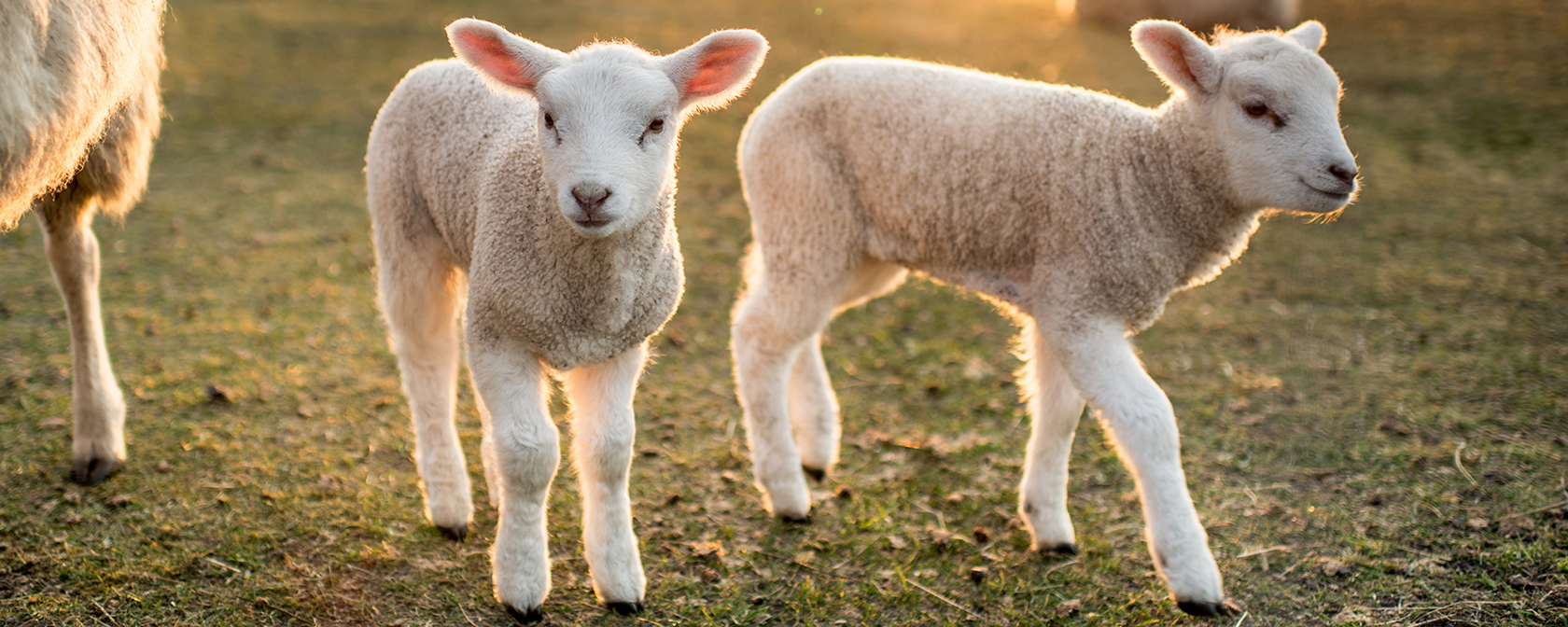The USDA National Organic Program has just published a long-awaited proposed Organic Livestock and Poultry Standards rule in the Federal Register. If finalized, the rule would be a landmark federal regulation specifically addressing the welfare of animals on farms. Among other things, it seeks to strengthen animal welfare standards on organic farms by clarifying space and freedom-to-move requirements for farm animals in the organic program. Now, we’re asking animal advocates to communicate their support for it.
This critical federal rule has been decades in the making, and throughout that time we have been pressing the case for it, including the Humane Society of the United States initiating litigation when the Trump administration withdrew the first iteration of this rule finalized under the Obama administration. We have also been encouraging the Secretary of Agriculture to assert more strongly the organic policymaking authority of the USDA to protect animal welfare.
This rule is consistent with public expectations: a Consumer Reports survey found that 6 out of 10 Americans—and 86% of those who always or often buy organic—say it is highly important that animals used to produce organic food are raised on farms with high standards for animal welfare. Unfortunately, many consumers mistakenly believe that organically raised animals are treated humanely but without strong regulations requiring it, it cannot be guaranteed. That’s why we’ve fought so hard for the rule, over the span of several presidential administrations. If we are to achieve a better world for animals raised for food, we have to make sure that the federal government plays its part, and the organics standard is a natural place for that.
Among its provisions, the proposed rule makes clear that gestation crates are banned in the organics program for animal welfare and public health reasons and requires that pigs be given enough space to move and engage in natural behaviors. Gestation crates are used by many pork factory farming operations to confine mother pigs; these cruel devices are so small the animals can’t even turn around. As USDA explained in the proposed rule, giving pigs and other farm animals room to move “supports natural behaviors” and thus “may be positively associated with improved health and well-being, may be better for the environment, and may result in healthier livestock products for human consumption…”
The rule also sets minimum standards in a few other key areas. For all organically raised cattle, it prohibits painful practices including tail docking and face branding. It prohibits the transport for sale or slaughter of non-ambulatory “downed animals.” Organic wool producers would no longer be able to inflict “mulesing” on sheep, which is the brutal removal of strips of skin from the animal’s backside. The rule also specifies that producers cannot withhold individual treatment designed to minimize pain and suffering for injured, diseased, or sick animals.
For organically raised birds, the rule prohibits certain practices including debeaking and beak trimming after 10 days of age. It also bans forced molting or withdrawal of feed to induce molting, and sets minimum indoor and outdoor space requirements for egg-laying hens and “broiler chickens” (those used for meat). The rule requires meaningful access to the outdoors, including designing the space so that it encourages chickens to go outside.
Notably, this rule codifies valuable standards that many organic producers are already meeting, and it has broad support among some of the most important producers in the sector.
We believe that strong organic animal welfare standards will be a bulwark for responsible farmers, a boon to consumers, and a guarantee of stronger animal welfare practices consistent with evolving public sentiment. That’s why we’re supporting this rule and that’s why we’re asking you to do so too.
The new organics rule sets a bright line standard for the treatment of farm animals, one this country badly needs, and we thank Secretary Vilsack for recognizing the importance of these changes. We’ve waited more than a decade for these reforms, and this rule delivers on the promise of stronger animal welfare, opportunity for committed organics producers, and assurances for conscientious consumers who want to know that the purchasing choices they make are consistent with their ethical convictions. Please take action now in support of this proposed rule and encourage Secretary Vilsack to swiftly finalize it.




